
Light Pollution
01
What is light pollution?

Light pollution is the presence of an excessive amount of unwanted artificial light. Light pollution not only obscures the stars and the natural beauty of the night sky but 99 percent of people in the United States of America can’t see the Milky Way. In 1960 the light pollution started getting really bad and people started not being able to see the Milky way at night in the city. Light pollution is produced by a lot of artificial light and it blocks the star's light from reaching the ground, the artificial light competes with the star light and therefore we can’t see the stars.
02
Why is light pollution bad for the atmosphere and animals?
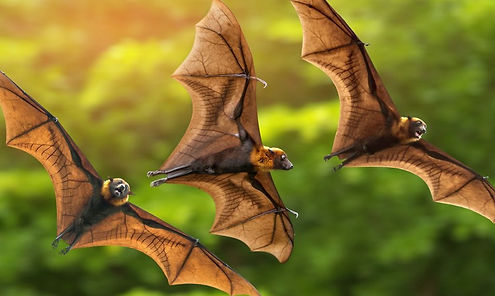
If you think light pollution is just annoying and only affects the stars at night, you're wrong. Light pollution disrupts the natural patterns of nature, contributes to the increase in carbon dioxide/CO2 and disrupts natural human sleep patterns. Animals are running away from their natural habitats because of light pollution, for example bats are flying away from caves and cities because of the well lit areas and night sky to avoid predators spotting them. The melatonin, the hormone in our body that is responsible for regulating our metal alarms, is being confused by artificial light and is making us wake up earlier in the morning and fall asleep later at night. The machines that produce light nowadays produce CO2. Annually over 1.2 million tons of carbon dioxide is released into the atmosphere. Some animals even rely on stars to navigate around, they see that some stars are brighter than others and they use that as a landmark.
03
How can we stop producing so much artificial light?
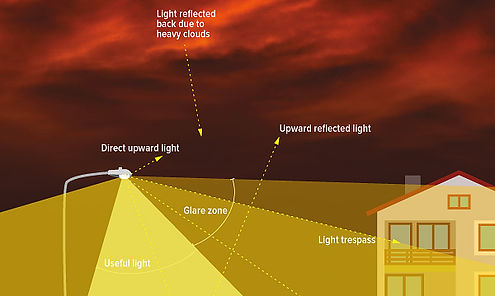
Light pollution is usually accidental because we forget to turn off our artificial lighting, that’s why we need to install timers on our light switches so we don’t forget. LEDs are a much more efficient light source and save a lot more energy but are also more expensive, so we can solve this problem by the government trying harder to stop all sorts of pollution like light pollution. The government could also have a time in the day when people could start using light and also a time where you have to stop using light except for stores and restaurants that are running 24/7 and that are essential.
04
What will happen if we don’t do anything about it?
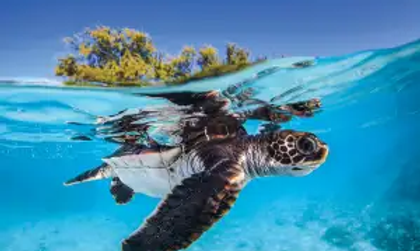
Animals are getting confused and their normal habits are disrupted by light pollution. Animals that rely on moon light and sea light are confused when they see more light coming from an entirely different direction, they follow it to a road and we all know what happens then… splat! Sea turtles are losing population quickly because of light pollution and it will continue if we continue using so much artificial light. Many animals' wake and sleep patterns are getting disrupted. Animals are fleeing their normal habitats therefore resonating in habitat loss and now they have to find a new place to live and adapt from their previous habitat that took dozens millions of years to evolve to. Scientists also can see very well into the sky because of light pollution therefore resulting in slower astronomical research. The amount of light pollution in the world has increased by 50% in the past 25 years and it's getting worse fast if we don't do anything about it.
05
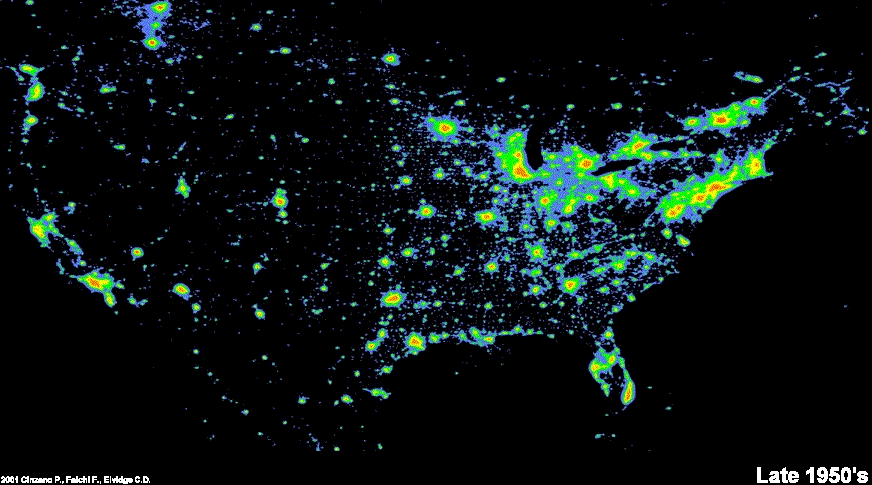
Where is the country with the most amount of light pollution?
Singapore is one of the most densely populated countries in the world and is the country with the most populated skies in the world. It has a light pollution rate of 100% which is the most amount of light measured in one place at a time therefore being class 100%. It used to be Hong Kong but then the population of Singapore shot up and also Hong Kong realized what was happening to their atmosphere so they slowed down.
06
Why would people continue light pollution if they know it’s bad?
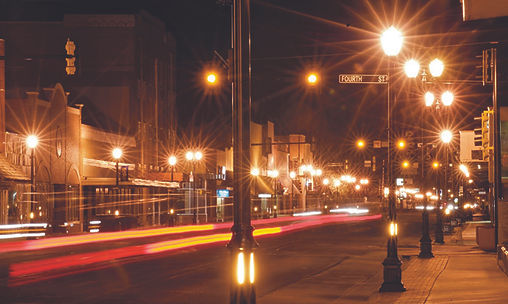
The reason they keep doing it is because they don’t really care. It’s technically not the worst type of pollution and it won’t affect us much in the long run or the environment… or does it? And like I have said before, it affects animals and animals aren’t us, but what if I told you that it doesn’t just affect animals, it affects us. Animals and plants are suffering because of us. We must stop this, people are unaware that this is destroying habitats, but since it’s not our habitat WE. DON’T. CARE! Humans are just here to reproduce and are overpopulate. I’m not saying everyone doesn’t care, I’m just saying not enough people care, some people don’t even know what’s happening. We must at least be aware of what humans are doing to our beloved planet.Thank you for listening!